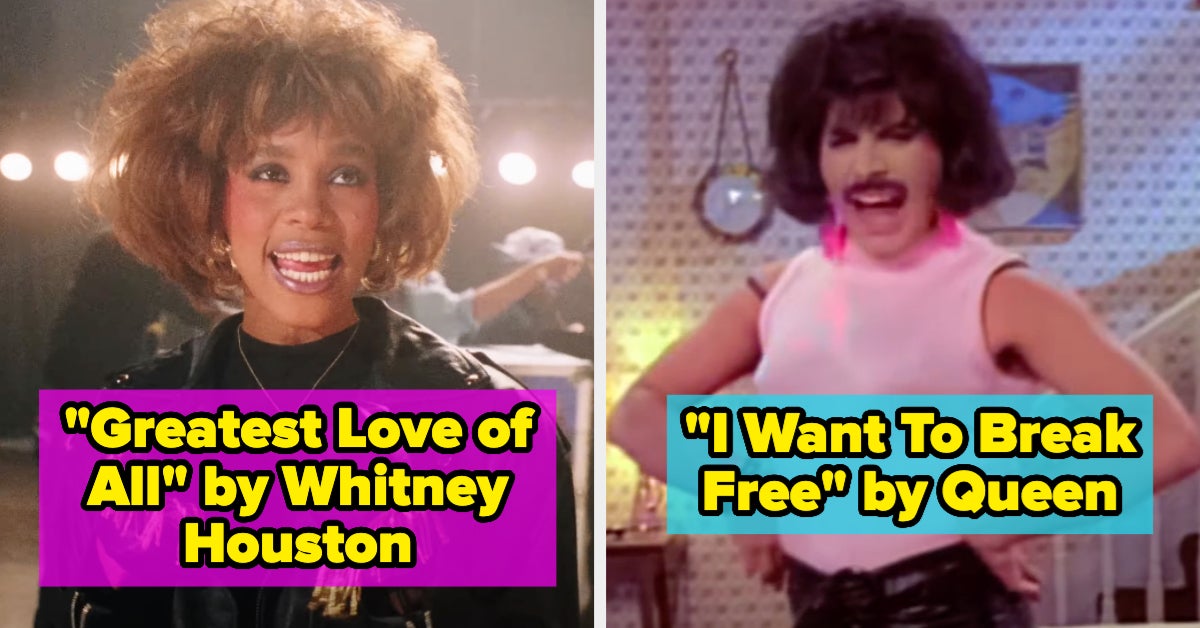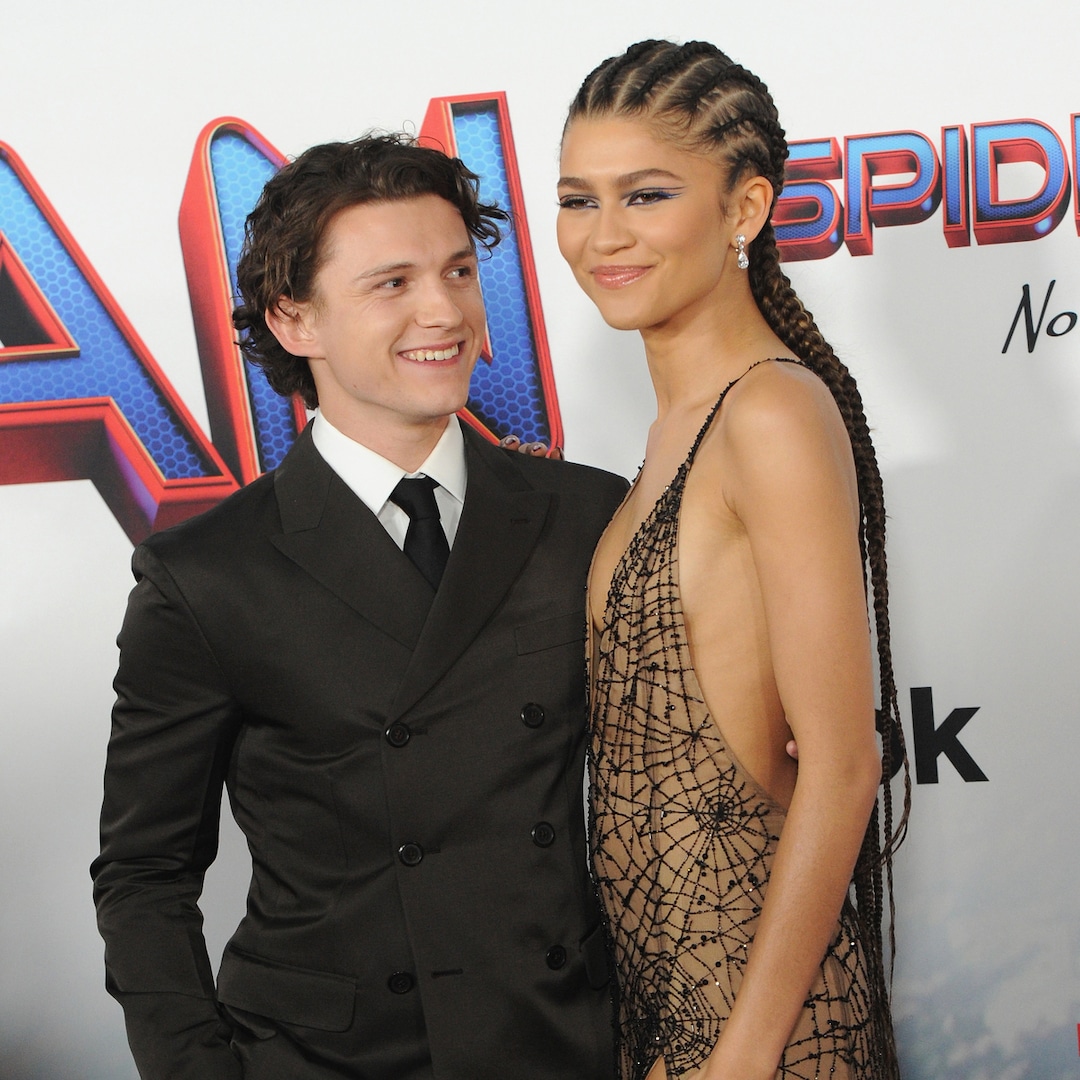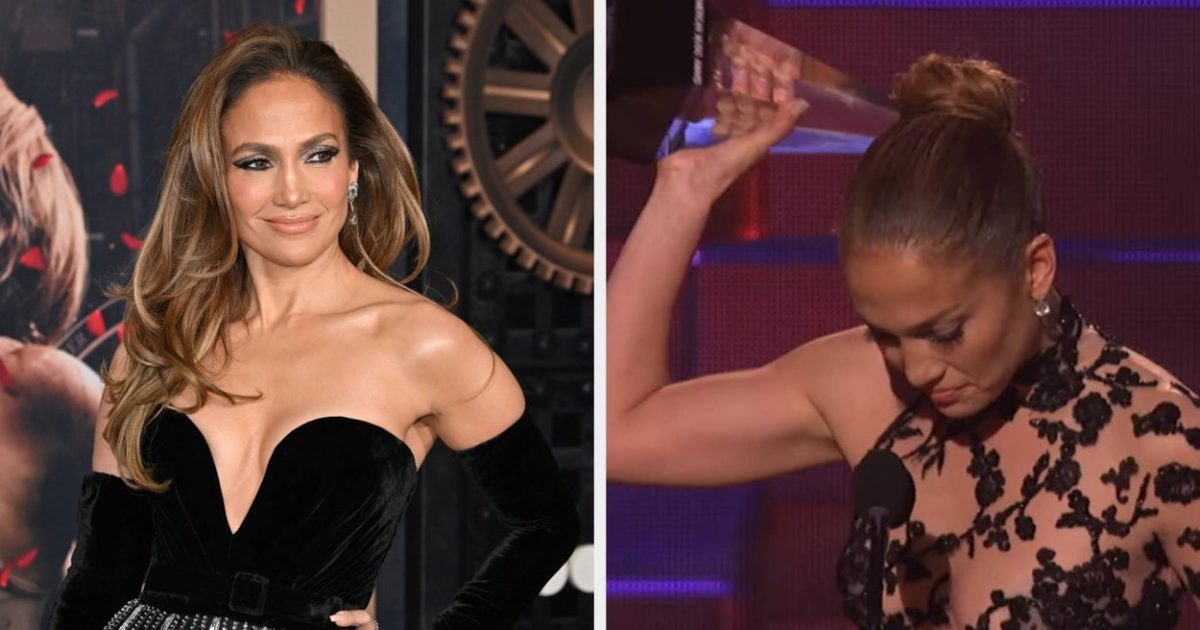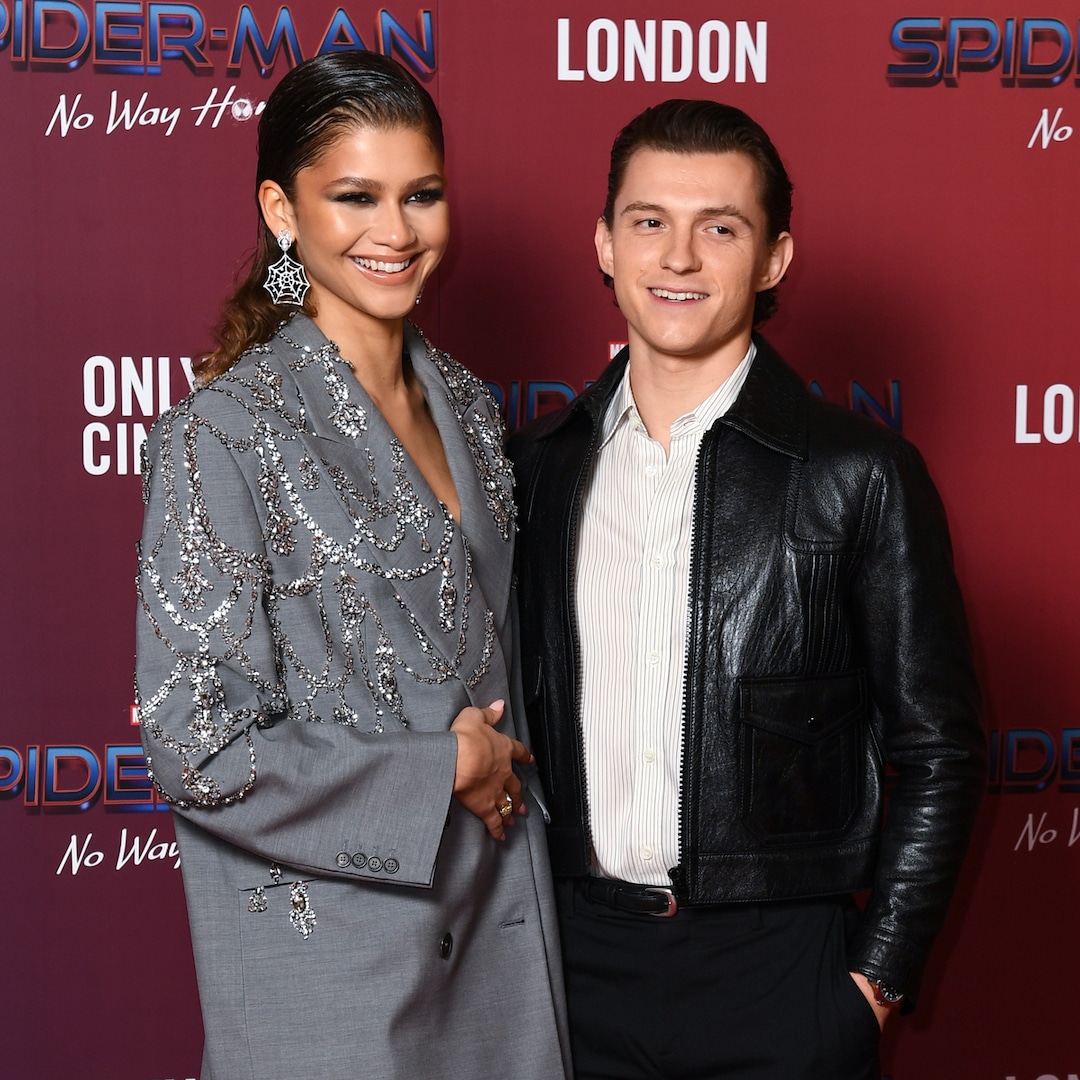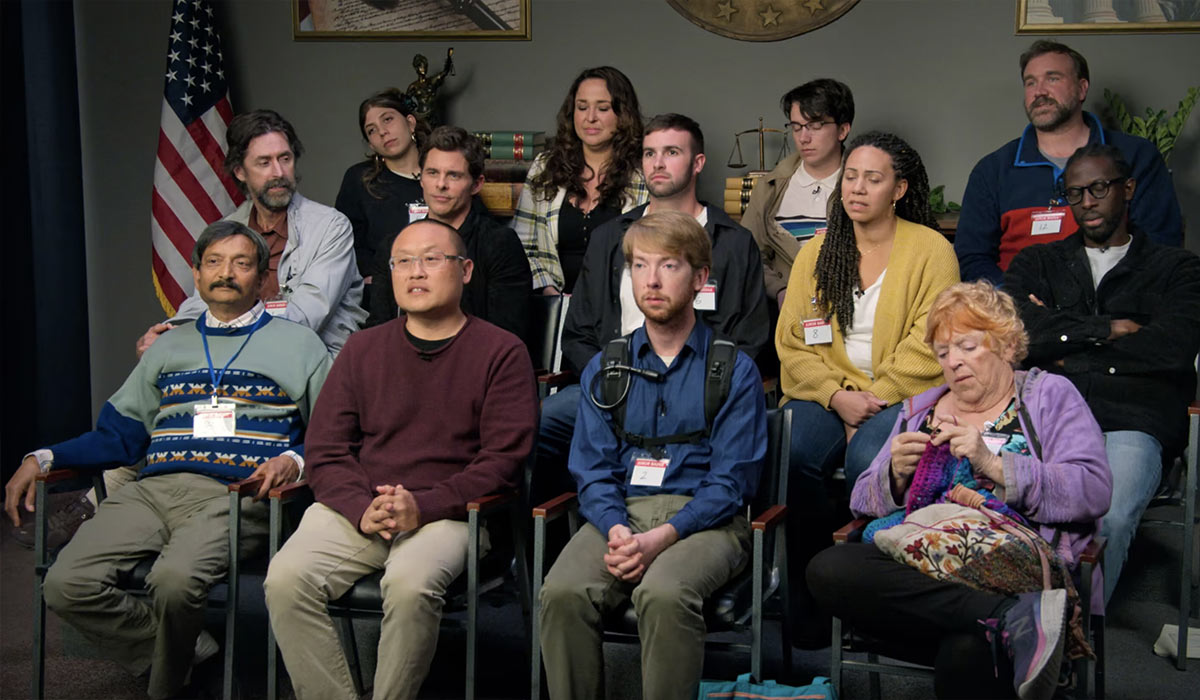
Cody Heller On The “Night Terrors” Of Bringing ‘Jury Duty’ To Life [Interview]
Aug 14, 2023
Cody Heller was a writer on “Wilfred.” A series where Daniel Radcliffe’s character imagined his neighbor’s pet as a real person in a dog suit. She created “Dummy,” a show where Anna Kendrick became friends with her boyfriend’s sex doll. But the show that gave her “night terrors?” Where the entire premise of the show could fall apart in minutes for a multitude of reasons? The now Emmy-nominated hit comedy (and don’t call it “reality”) series, “Jury Duty.”
READ MORE: “Succession,” “The Bear” and “Jury Duty” big winners at the 2023 TCA Awards
If you haven’t partaken yet, “Jury Duty” follows Ronald Gladden, a “civilian” who believes he’s taking part in a documentary about, you guessed it, the civic responsibility everyone wants to get out of. In reality, he’s part of a heavily scripted scenario where the court case, the judge, his fellow jurors, and basically everyone he encounters is a professional actor. How Gladden (who has now become something of a social media sensation) reacts to the sometimes strange events in the “trial” is part of the charm of the program. And, spoiler alert, his discovery of what’s really going on is part of the show itself.
Over the course of an interview that could have gone on for hours, Heller does a deep dive into the difficulty of show-running the Amazon Freevee and now Prime Video word-of-mouth wonder that earned an Emmy nomination for Outstanding Comedy Series. From finding actors with legal and improv experience to play the lawyers and judge, to including monotonous testimony days to make sure Ronald wouldn’t question the “reality” around him, to how James Marsden came on board to play himself, to the question of whether a second season is even possible and much much more.
Please note: It goes without saying there are substantial spoilers for “Jury Duty” in the context of this interview.
_____
The Playlist: Congratulations on the nomination. I know there’d been lots of hype and campaigning and stuff, but when they announced that “Jury Duty” had been nominated for a comedy series, what was your initial reaction?
Cody Heller: O.K. So I have a lot of OCD, magical thinking. So basically the week leading up to, I knew they were going to be announced, I tried to convince myself like, “There is no chance. Just do not get your expectations up. You’re just going to be disappointed.” Tried to convince myself, but secretly I was lighting candles, knocking on wood, doing all kinds of crazy woo-woo stuff, just putting energy out there, but privately. So, I knew it was going to be announced at 8:30 in the morning on this Wednesday, and I was like, “O.K. I absolutely can not watch it live. I will have a panic attack and die.” So, I intentionally was like, “I’m just going to put my phone on silent, I’m just going to sleep in and not going to think about it.” Starting at 8:30, I started hearing my phone buzz a little bit, and I’m like, “O.K., Maybe Susie Farris got a nomination.” Because she really deserves it, the casting director, she just did the most amazing job. If she doesn’t get it, the world is f**ked. So I was like, “Marsden, he obviously …” The more texts, I was like, “I don’t know.” But I just was ignoring my phone and sleeping, and then my fiance came in and he was like, “Holy sh*t. ‘Jury Duty’ got four nominations.” My fiance, his show ‘Rick and Morty,’ he got one nomination. That’s the Shmemmy’s, not the real Emmy’s, so I did hold it over his head for a week. So I was like, “Just because my show got four nominations and yours only got one, do you think you could get me a water? I’m just really thirsty right now.” So that was really fun. Then just because of the family that was created truly with the cast and crew of the entire show, everyone, including Ronald – we all keep in touch. We were all just freaking out. We were all just screaming, calling each other crying. It was so amazing. We went into this thing not knowing if we could even pull it off, not knowing what it necessarily even was going to be, it had never been done before, and to not only have the show work out and then be liked, but then to get that recognition, it felt so amazing. I’d like to pretend that I don’t care about that kind of stuff, but I was stoked.
Well, following up on that, I’m a member of the TCA, and we’re supposed to be the smart people, the Television Critics, but were we smart in putting it in the Reality Programming category? Are you comfortable with people considering it one or the other? Do you think it’s a hybrid?
I think you’re really smart, Gregory, but I actually think that it’s way more of a scripted comedy than it is a reality show. Because even though the show has this element of a real guy being the hero, essentially what this show was was can we take a real guy and make him the star of a sitcom that is going on around him without him realizing it? Can we send him on this hero’s journey? We had a traditional writers’ room. We broke the stories in a traditional way. I have no experience in reality or hybrid at all, my past experience is purely in scripted comedy, so we approached it in that way. But obviously, due to the nature of what the show is lots of things were constantly in motion. So yeah, I think to me I consider it more of a scripted comedy than I do a reality [show]. But it’s so much improv, so it’s weirdly in between and undefinable in a way that’s like, “Oh, that’s what makes it exciting is we’ve never really seen anything like this before.” When I was approached to show-run it, I was like, “I’ve never seen anything like this or heard of anything like this. This is so exciting/terrifying.” Because there’s an actual chance that you just fail.
When you were approached for the show, did you raise an eyebrow? Were you like, “Are you guys serious?” Did you consider saying no? From my naïve perspective, so many things could go wrong, I am not sure I would want to commit so many weeks, months, or hours to something…
Years, years! Yeah. So when I was approached, it had already been sold, so Dave Bernad and Todd Schulman had come up with this original idea of like, “What if we can take a real person and make them the star of a sitcom without them knowing it?” Then Lee Eisenberg and Gene Stupnitsky had this “Jury Duty” pilot that they call came together and created this amazing idea, and it was already sold. When they came to me to show-run it, I was like, “First of all, this sounds amazing. But it sounds like kind of maybe not possible to pull off. I certainly don’t have the skill set to know that I for sure can do it.” There was something that was very exciting about that, but also very terrifying. It was still during COVID, still during isolation, and I think a part of me was just like, “You know what? There’s something really exciting about taking on a job where there is a chance that I could fail. For that reason, I am going to say yes to this.” So grateful to those four guys for trusting me to show-run their amazing idea, but then one of the first people that I met when we began to assemble everything was Nicholas Hatton, and he was another EP, and he was in the writers’ room every single day, he was just completely involved. He’s done the “Borat” movies, so he had all the experience. That was the thing that made me go, “O.K., I have a partner in this who knows what he’s doing. I can take my experience and he can take his experience and we can come together.”
Then we built out this incredible writers’ room. Andrew Weinberg, who was another EP, who’s just incredible, [as was] every writer on the show. That was another thing, because of the nature of the show it was very important to me early on, I thought, “I think the only way that we can have a chance at pulling this off is to have as many people possible there from the beginning.” We have to build this family and we have to build it from the beginning. On a normal show nowadays, you have the writers’ room, and then the writers are gone. Then you’re on set and that sucks, and that’s part of the reason we’re striking. I completely agree that should not be the case, but it is. So for this show, one thing that was really critical in my mind was I think that as many writers that I can hire who are also potentially performers and improvisers that can be in the show, I think that’s going to go a long way. So, we got extremely lucky in finding some of the most, with the exception of two of the writers, everyone in the writers’ room wound up being on the show in some way or another.
I’m sorry, I forget their names, but the guy with the glasses, he’s a writer.
Mekki Leeper, who plays Noah, he was a writer on the show.
Then also the lawyer for the defendant, who was a former lawyer, was a writer?
Evan Williams, who played Shaun Sanders. So that was another element, not only did I think it was very important that we had as many writer/performers, but I also knew that because I don’t know shit about the court system, I was like, “We need some legal people.” I don’t think it’s going to suffice to just have a legal consultant, because this is going to be a real, in Ronald’s reality, this has to feel like a real case for three-and-a-half weeks. They are going to have to improvise, we’re going to give them the basics of what this case is, but essentially they are going to be improvising all of the legal jargon for days and days and weeks. So Evan Williams was incredible, he was a writer and then a performer, and he has a real legal background. Trisha LaFache, who played the plaintiff attorney, also has legal experience and then became a writer/actress. Then Alan, who plays the judge, that was a really special thing because I was like, “We need someone who can be a believable judge, and where do we find this person? I think they need to be a certain age to really buy into this.” So a friend of mine, Allison Bills, is an improv teacher and I asked her, “Do you know anyone? Anyone who had actual legal experience, but also happens to be an amazing improviser and can play a judge believably?” She was like, “Actually, I might know just the person.” It wound up being Alan Barinholtz, who is Ike Barinholtz‘s father, and such an amazing thing that he in his youth was in the improv world and then was a lawyer for his entire life. Everyone was critical, it truly took a village to make the fake village, but Alan was … He had an earwig in constantly, we were in constant communication with him, he was so just naturally skilled, and his improv, he blew me away. Everyone did though, truly. There was nothing to be like, “We promise it’s going to be good, or that it’s even going to work.” We had to all put our faith into it, and I didn’t even know. As the showrunner, I was the mama bear, I was pretending to be like, “This is definitely … I know exactly how this is, it’s going to be great.” But deep down every night, night terrors and so much anxiety, because we had no way of knowing if it would really work.
At the end of the show, it says that there were over 30 hours of testimony. Was it important that while Ronald was in with the jury that there were these, for lack of a better word, monotonous longer days of just fake testimony that was going on, that we didn’t see in the final edit? Who made sure that felt as real as possible?
We had a phrase that we called the “reality bank.” Now I can’t remember if it was Todd Schulman or Dave Bernad or Nicholas Hatton who came up with that phrase, but it was something that had preexisted that they talked about from their previous experiences making these types of shows and movies. So when “chair pants” happened, first of all, there were a lot of things that we had planned to do more, and we had to reel it in because we were like, “O.K.. It’s too silly at this point.” For the chair pants for example, Todd was supposed to show up in the chair pants, as he did, he was going to ask Ronald, as he did, to get the jury seat removed so that he could sit in his chair pants in the box. We had an actor/janitor waiting with the tools to remove the chair, and the plan was for Todd to sit very obviously uncomfortably all day in these chair pants, and then at the end of the day be embarrassed that they didn’t work out, but then the next day show up with a new and improved pair of pants. That was one of those things where we had to pull it back and be like, “This is already too silly. Ronald’s a very smart guy, and so his hackles are raised, we’ve got to pull it back.”
Then the reality bank is when we would say, “O.K., because everything was so crazy today, tomorrow it’s just a boring court day where just nothing interesting is going to happen. We are depositing money into the reality bank, and just bringing it back to this is a real court case and it’s boring.” Everyone would just have to sit through boring court testimony for the entire day with nothing funny or interesting happening. I think that went a long way in being able to then buy us days where Margaritaville and the field trip and all these insane things happen, I think that reality bank was the critical part of the puzzle.
Do you remember what the testimony was that day? On the boring days, what was it even about with the case? Doing fake procedures and stuff?
No, we still had the basic skeleton of what the case was, so it wasn’t just making up bullshit. It was still keeping in line, but it was just taking away, maybe if there was something funny planned for that day, being like, “Let’s hold that until tomorrow and just have court stuff.” But it was a constantly evolving process, where on most shows you have the scripts, and as the writer/showrunner you’re on set and you’re doing some punch-ups here and there, changing a couple of things. This was such a different experience. We had 10 weeks of a writers’ room and we came out of that with these episodes, and they were like long outlines, they were seven to eight-page outlines that we had. This was all also knowing there’s a tree of different things if Ronald does this if Ronald does that. Always keeping in mind we wanted Ronald to be the hero. We didn’t want this to be mean or to make fun of him or for him to have a bad time, so we always wanted it to be like no wrong answers. But basically then once we started production we realized, “These eight-page outlines are too dense. We need to streamline this.” So basically at the end of every day, Nicholas Hatton, Andrew Weinberg, Jake Szymanski, our director, [and I] would sit down and assess like, “What got accomplished today? What didn’t? What needs to happen tomorrow? What can we push if we need to? What do we want to eliminate?” Just making all these changes, and then keeping all of our performers and crew in on everything. So it was a very constantly evolving thing, and keeping everyone in the village aware of what was happening. To add to the madness, four of the actors are actually for real staying at the hotel with Ronald, and he believed that they also don’t have their cellphones. So we would have, in the mornings, find ways to distract Ronald so that we could then get the actors staying at the hotel to come in and get on a little FaceTime with me and Jake and Andrew, and Nick to go over the day’s beats. Then the other actors who were staying at the other hotel, but in reality just staying home, would arrive early to set, we would have our morning meetings, and then they would get into a van and circle around the block until Ronald’s van would arrive with his hotel group so that we made sure that the reality would sell. So there were so many different things, and just the little things like having the people staying at the other hotel discuss what they had for dinner the night before in their fake reality so that there wouldn’t be ready for anything. So, so much thought had to be given to every little thing. In the moment, there would be things where we didn’t plan ahead and we’d have to hustle to figure it out. That was part of the excitement, and everyone really rose to the occasion in such an incredible way.
I’m sure this is in the first episode and I’m just forgetting it and missing it, Ronald replied to a Craigslist ad, correct?
Yep.
What did he reply to again exactly?
O.K. So Alexis Sampietro, who is the amazing producer who found Ronald, has her ways. So I’m not totally privy to/I don’t know if I’m allowed to share exactly how she does her magic. But essentially he responded to a Craigslist ad saying, “If you’ve never served on jury duty …” because we knew that was a very important thing, because we knew if someone had served on jury duty they would immediately know, “Okay, this is [not real].”
Yeah, yeah.
So that was one thing we needed. Basically, he was at a place in his life where he had just sold his company, he was in between figuring out what his next step in his life was going to be and was really up for an adventure and thought it would be fun to sign up for this documentary about just participating in jury duty. He was getting paid a little bit.
From another state, coming to California, did you ever think that “No, there’s no way he believes this. He’s just playing along.”
We took such great care to make sure that it was believable. So on the first day, we had an actor travel to the courthouse with Ronald and the producer. Basically, we wanted Ronald to believe that there were people that had signed up for this documentary that were there, and then there were just regular people like James Marsden who just received a normal jury summons, and they were not aware of this documentary. So we were obviously a little worried like, “Is he going to buy the fact that you would come from another …” Like Jeannie’s character is from New York.
O.K.
There was a reality that existed that was not on screen that was Ronald’s reality that he believed. We went to great lengths to make sure that felt realistic. We used COVID I think as one of the reasons like, “Due to COVID, there’s a backup in court cases, and this judge has agreed to allow cameras into the courtroom and so we’re doing this documentary. So we’re making this exception here.” He did believe it. So the guy that we had on the first day, we wanted to make sure that it didn’t just seem like everyone who signed up for the documentary automatically made it on. So Ronald made friends with this guy, and then by the end of the first day that guy gets dismissed, because we wanted to make sure that Ronald didn’t think, “Oh, just because you signed up, everyone gets on.” So there were layers and layers and layers to the reality, and the other huge thing was one of my biggest concerns when I signed on to do it was like, “Where are shooting this?” Because you can’t just be like, “Yeah. Show up to the Sony lot to report to jury duty.” Or some random office building in the Valley. So Tara O’Brien, who’s our amazing location scout, and she’s also an incredible actress and comedian, actually plays James Marsden’s agent on the phone when he doesn’t get the “Lone Pine” role. She found us this Huntington Park Courthouse, which was a real courthouse but it had not been functioning as a courthouse for the past 10 years. It still from the outside looked like a courthouse, but all it was used for was the community’s yearly Halloween haunted house. So when we came in to location scout, there were zombies and cobwebs. Then our incredible art department and production designers came in and made it look like a real courthouse within a month. It was incredible.
I could actually speak to you for an hour about this show but I have two more quick questions for you. First is finding the James Marsden character, how tough was that? Did it have to be a recognizable name on a certain level?
We lucked out big time. Dave Bernad is friends with James Marsden, and we always knew we wanted to have a celebrity character. There were a number of reasons why we liked the idea, but also it’s LA and in real life, celebrities do get called into jury duty. So Dave approached Marsden with this idea, and Marsden was just, to his credit, just so down to clown. Just so willing to make fun of himself, so willing to do those days of reality banks where he’s just sitting there and nothing’s happening. He was just part of the theater troop that we created, and also I will say, and this goes for everyone in the cast and the crew, everyone cared so deeply about Ronald. Everyone truly did fall in love with him. There was a level of genuine care about making sure that this was not only a good experience for him, but that there would be no way that this was going to hurt Ronald’s feelings, or make him feel bad. Ultimately what the show was never going to be about making fun of him, and this was a hero’s journey for him. James cared so much about it, as did all the other people involved. I think that really comes through. Then in real life, they’re all friends now in real life. We all are still in touch, which is just like when does that ever happen that we all stay in touch like that? It’s a pretty magical thing I think.
I think it is. My last quick question for you is no doubt this is a huge hit, it’s on Prime Video now and if you log in today it’s still in their top five trending shows. You’d assume someone would want a sequel. As someone who show-ran the first season, how do you do this again? Can you even do it again?
Honestly, because of the strike situation, we haven’t had any conversations. We’re 100 days into, I think 101 days into the strike at this point, and it is my hope that the AMPTP comes to their senses and channels Ronald Gladden a little bit and that we can reach a fair deal soon so we can all get back to doing the work, which is what we wall want to be doing. But yeah, I think there is a level of like it was lightning in a bottle, and who knows what could happen if there were to be a second season? But I think it could be very exciting.
“Jury Duty” is available on Prime Video and Freevee now.
Publisher: Source link
These Are '80s Songs That Gen X'ers And Old Millennials Grew Up On, And There Is No Way Anyone Under 27 Has Heard All Of These
And if you are over 40, then you probably remember when these were brand-new and not songs kids are discovering on TikTok.View Entire Post › Disclaimer: This story is auto-aggregated by a computer program and has not been created or…
Jan 12, 2025
Tom Holland Asked Zendaya’s Dad for Permission Before Proposing
Tom Holland wove the perfect engagement for Zendaya. Less than a week after the Spider-Man actress debuted a 5-carat diamond ring on her left ring finger at the 2025 Golden Globes, Tom's father Dominic Holland confirmed the couple's engagement, sharing a few parts about the special day, including one important detail.…
Jan 12, 2025
Jennifer Lopez Finally Understands Mi Gente Latino Meme
Jennifer Lopez Finally Understands Mi Gente Latino Meme Kicking off 2025, J.Lo is now promoting Unstoppable, a new biography drama in which she stars alongside Moonlight actor Jharrel Jerome. At the 2011 American Music Awards, Jennifer won Favorite Latin Artist…
Jan 11, 2025
Tom Holland's Dad Shares Insight Into Zendaya Engagement
Tom Holland became the greatest showman for his proposal to Zendaya. Just days after the Spider-Man actress turned heads at the 2025 Golden Globes with a 5-carat ring on that finger, Tom's dad... Disclaimer: This story is auto-aggregated by a…
Jan 11, 2025








